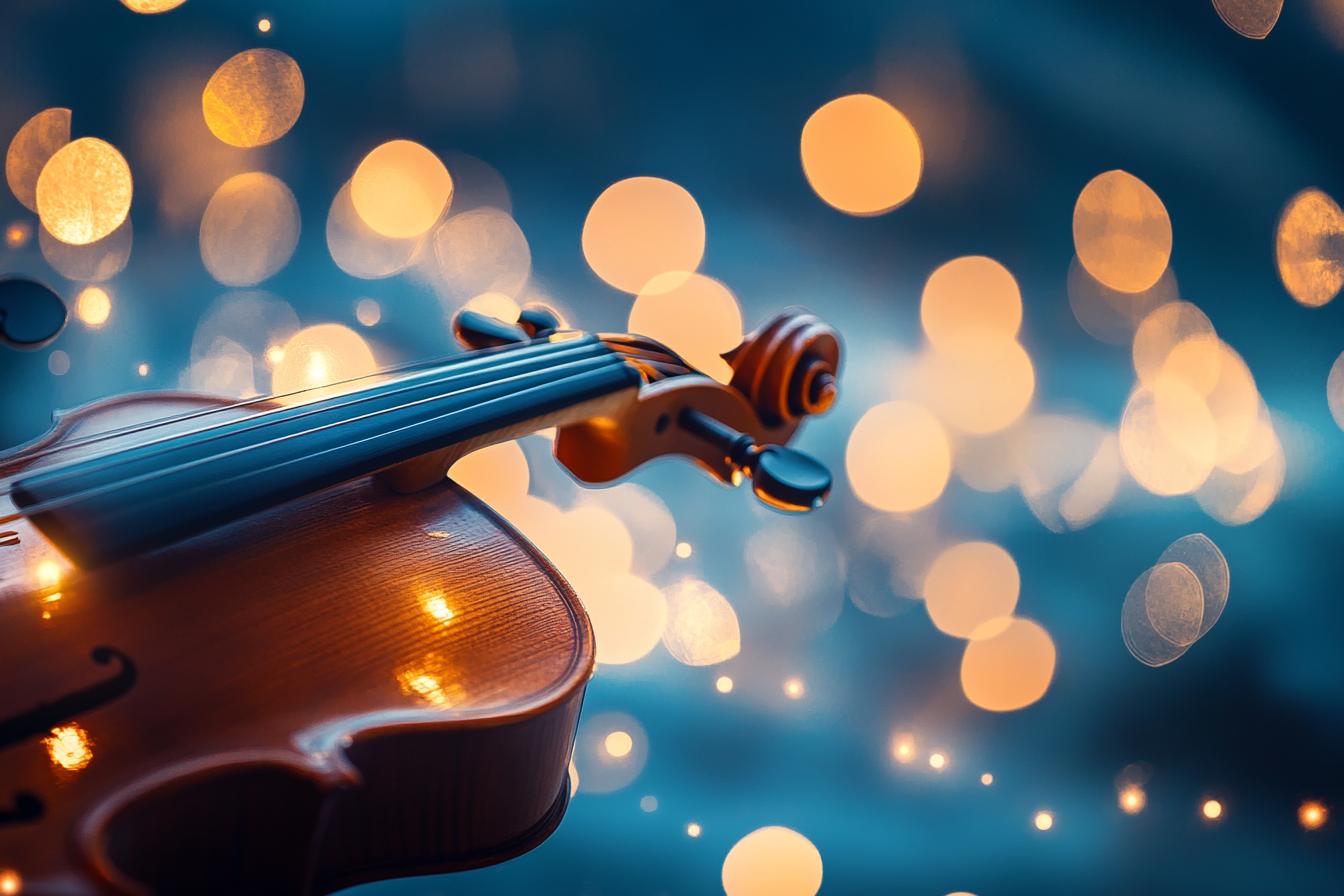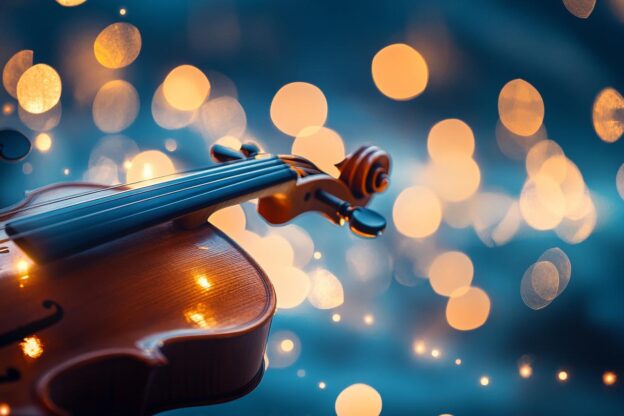Radio, that timeless medium, has always held a special place in the world of classical music. It’s a medium that allows for both the intimate experience of individual listening and the shared experience of a live broadcast. Imagine the thrill of hearing a new symphony for the first time, the composer’s name unfamiliar, yet the music speaking directly to your soul. Radio, with its accessibility and immediacy, makes these moments possible. But radio is more than just a conduit for music; it’s a platform for education and discovery. Dedicated radio hosts, with their passion and knowledge, can introduce listeners to new composers, performers, and musical styles, expanding horizons and fostering a lifelong love of classical music.
Beyond its role in broadcasting, radio also serves as a vital hub for classical music communities. Listeners often find themselves drawn together through their shared love for a particular composer, orchestra, or radio program. The intimacy of the radio airwaves fosters a sense of community, allowing listeners to connect with others who share their musical tastes. This sense of community is particularly important in the digital age, where we can sometimes feel isolated. Radio, with its enduring power to connect, offers a comforting reminder that we are not alone in our love for classical music. So, the next time you tune in to your favorite classical radio station, take a moment to appreciate the unique role this medium plays in the world of music.

Classical Music Reports
1. Classical Music Reports
Classical Music Reports serves as a valuable resource for classical music enthusiasts, offering insightful reviews, news, and features on the world of classical music. The site covers a wide range of topics, from concert reviews and opera performances to interviews with prominent composers and performers. Classical Music Reports provides a comprehensive overview of the classical music landscape, keeping readers informed about the latest developments and trends.
In addition to its comprehensive coverage, Classical Music Reports distinguishes itself with its engaging writing style. The site’s writers clearly articulate their perspectives while remaining respectful of different viewpoints. Classical Music Reports strives to foster a sense of community among its readers, encouraging lively discussions and sharing of opinions on various aspects of classical music. This creates a welcoming environment for both seasoned listeners and those new to the world of classical music.
2. Music Reviews and News
Classical Music Reports features a wide array of music reviews, offering insights into the latest performances and recordings. Our writers, experienced music critics and enthusiasts, analyze and dissect each concert and recording, exploring the nuances of the music and the artists’ interpretations. They delve into the technical aspects of the performance, the emotional impact of the music, and the overall experience. These reviews provide a valuable resource for music lovers, helping them discover new artists, understand the complexities of classical music, and make informed decisions about attending concerts or purchasing recordings.
Beyond reviews, Classical Music Reports keeps you informed about the vibrant world of classical music. We report on upcoming events, festivals, and competitions, highlighting noteworthy performances and artists. We also explore the stories behind the music, delving into the lives and influences of composers, the history of musical styles, and the fascinating world of music scholarship. Our news section provides a comprehensive overview of the classical music landscape, ensuring that you stay connected to the latest developments and trends in the field.
3. Concert Listings and Schedules
Staying up-to-date with classical music performances is easier than ever. Many online resources provide detailed concert listings and schedules. These websites often categorize concerts by genre, composer, or performer. They may also offer information about ticket prices, venue details, and even reviews of past performances. Some websites even let you create personalized concert calendars to track the events you’re most interested in.
In addition to online resources, local newspapers and magazines often publish classical music calendars. These publications usually highlight major performances and festivals in the area. You can also check with local arts organizations and concert halls directly for their performance schedules. By exploring these various sources, you’ll have a wealth of information at your fingertips, allowing you to plan your concert-going adventures.
4. Interviews with Musicians
Classical Music Reports features in-depth interviews with musicians, providing listeners with a unique glimpse into the minds and hearts of these artists. These interviews delve into their creative processes, musical inspirations, and personal experiences, offering valuable insights into their artistry and the world of classical music. Through engaging conversations, these interviews reveal the stories behind the music, showcasing the passion, dedication, and artistry that musicians bring to their craft.
These interviews also explore the challenges and rewards of a musical career, highlighting the complexities and nuances of the classical music world. Whether discussing their latest performances, upcoming projects, or their musical journeys, these interviews shed light on the lives and perspectives of some of the most talented musicians of our time. By offering a platform for these artists to share their thoughts and stories, Classical Music Reports provides listeners with a deeper understanding of the music they love.
5. Classical Music Education
Classical music education plays a vital role in shaping young minds and fostering a lifelong appreciation for the art form. It goes beyond simply learning to play an instrument; it cultivates critical thinking, discipline, and creativity. Through studying music theory, history, and performance, students develop a deeper understanding of the nuances and complexities of classical music. This knowledge empowers them to engage with the music on a more profound level, appreciating the artistry, the emotions, and the stories embedded within each composition.
Moreover, classical music education provides valuable life skills that extend far beyond the realm of music. The dedication and perseverance required to master an instrument translate into other areas of life, fostering a strong work ethic and a sense of accomplishment. Furthermore, the collaborative nature of ensemble performance teaches valuable lessons in teamwork, communication, and respect for others. These skills are essential for success in any field, making classical music education a valuable investment in a child’s future.
6. Audio and Video Streaming
The digital age has revolutionized how we access and experience classical music. Audio and video streaming services have become the primary way for many listeners to discover, explore, and enjoy this rich musical tradition. These platforms offer vast libraries of recordings, from iconic performances to lesser-known gems, making a world of music easily accessible. With curated playlists, personalized recommendations, and high-quality audio and video, streaming services provide a convenient and immersive way to connect with classical music.
Furthermore, streaming services are not just platforms for passive listening. They also provide opportunities for active engagement with classical music. Many platforms offer educational resources, artist interviews, and behind-the-scenes content, enriching the listening experience. Additionally, the social aspect of streaming allows users to share their musical discoveries, connect with other enthusiasts, and build communities around shared passions. This dynamic interaction fosters a deeper appreciation and understanding of classical music in the digital age.
Conclusions
So there you have it! Classical radio stations are more than just a source for soothing tunes. They offer a whole world of information and entertainment. From up-to-the-minute concert listings to in-depth interviews with your favorite musicians, these stations truly keep you connected to the classical music scene. And let’s not forget about the educational aspect! Whether it’s learning about composers or exploring different musical periods, classical radio is a fantastic resource for expanding your musical knowledge. Plus, with streaming options, you can enjoy the music you love anytime, anywhere.
In short, classical radio is the ultimate companion for any classical music enthusiast. So tune in, explore, and discover the magic that awaits!
